
-
Apexlink
Real Estate
-
DLS
General Insurance
-
DMV
Government
-
Entiger
Fintech
-
GIS Mapping
Gas & Petroleum
-
HMS
Employee Benefit
-
HAWA
Government
-
Harley
Community
-
IHG
Hotel & Tourism
-
Sparkseeker
Humane Tech
-
Track Ninja
Sports
-
Response Vision
Disaster Management
- AI/ML Services
- Application Services
- Automation Services
- Cyber Security
- Chatbot Experts
- Data Analysis
- Data Warehouse Services
- Digital Commerce Services
- Digital Transformation
- Infrastructure Service
- Low Code/No Code
- Managed IT Services
- IT Support
- IT Consulting
- IT Outsourcing
- Mobile App Development
- IOS Development
- Android Development
- Cross Platform Development
- Gaming App Development
- Software Development
- System Design & Architecture
- Testing Services
- Web Development
Big Data Analytics is a vital part of the digital transformation journey and crucial in today’s economy. Entrepreneurs are using large data volumes, different data types and velocity, to empower their business through innovative business models, the latest technologies, and improved business processes. Big Data Analytics is widely used to harness the “potential” of your data, leading to quick and accurate decision making by finding the current market trends, dynamic customer preferences, and other useful information for implementing business strategies effectively.
Moogle has successfully delivered cutting-edge Data Analytics solutions and customized dashboards for our clients in various industry verticals from multinational banks to research institutes. Let’s look at the Analytics tools we use to provide automated process monitoring and control for your enterprise.
1.Apache Spark
Apache Spark is a leading platform for large-scale SQL, big data processing, batch and graph processing, streaming, and machine learning. It is of great use for analytics and ML workloads and interferences, AI applications, ETL processing, and for batch and interactive processing of SQL. Spark allows reuse of code and while using multiple libraries simultaneously at many stages in modern data pipelines.
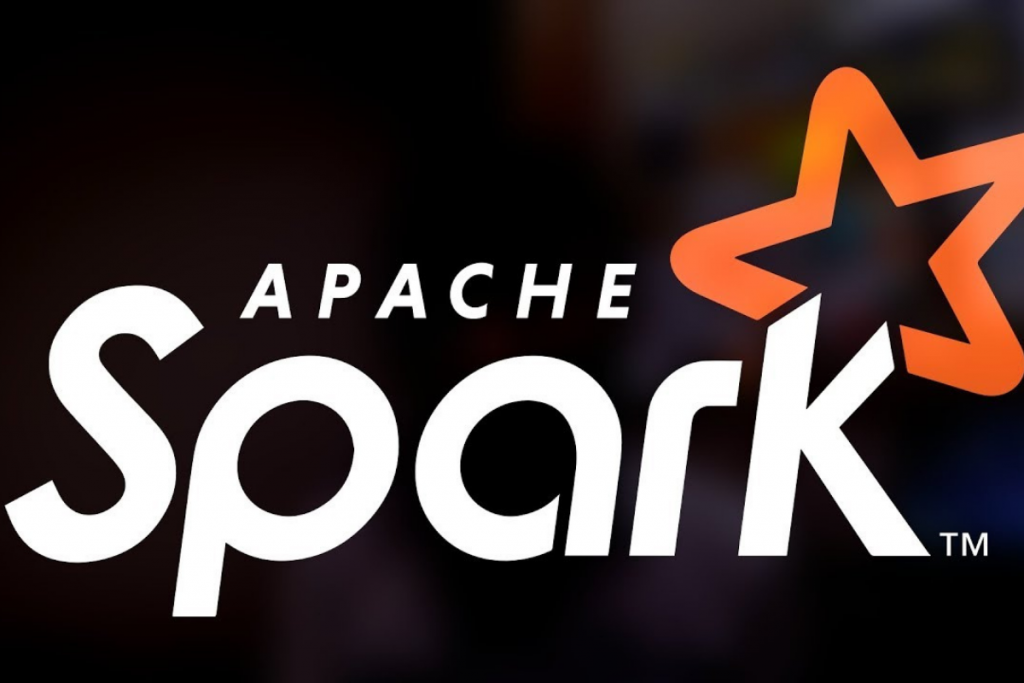
Key Features:
- Optimized engine supporting general execution graphs
- Provides high-level APIs in Scala, JAVA, Python and R
- Supports high-level tools like SparkSQL, MLib, GraphX and Structured Streaming
- Offers SQL and structured data processing, machine learning, graph processing, incremental computation, and stream processing
- Authentication for RPC channels using a shared secret
- Automatic Authentic secret for YARN and Kubernetes
- Supports AEC-based encryption for RPC connections using the Apache Commons Crypto library
- WebUI Authentication using javax servlet filters
- Separate ACLs (Access Control Lists) for configuring each application
- Configurable group mapping provider to establish group membership
- Authentication of Spark History Server (SHS) Web UI and ACLs using servlet filters
- Delegation tokens for authentication of Hadoop-based services
- Automatically generating new tokens for long-running applications
Know more- Spark
2. Python
Python is the most preferred language for Big Data Analytics known for it's best frameworks and is used across a majority of industry verticals. It is the fastest-growing programming language and used by over 70% of the developers worldwide. It is a general-purpose, open-source programming language, and is in high demand by Big Data companies. Currently, leading brands like Instagram, Reddit, and Venmo use Python and Big Data to cater to their growing business needs successfully.
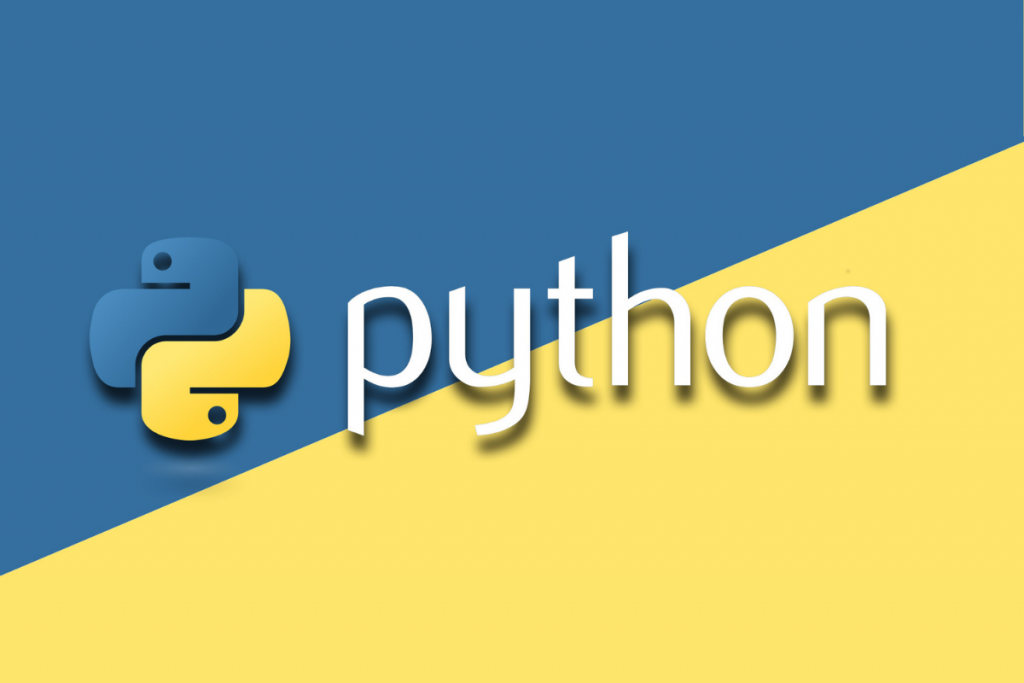
Key Features:
- Easy execution of programs using simple coding
- Offers automatic assistance to identify and associate data types
- Nesting structure based on indentation
- High speed with Anaconda platform
- Open-source language supporting multiple platforms
- Object encapsulation, and optional named parameters
- Offers numerous well-tested analytics libraries
- Different packages for numerical computing, statistical analysis, ML, data analysis, and much more
- Compatible with Hadoop
- Provides access to HDFS APIs for Hadoop
- Offers MapReduce API for solving complex problems
Know more: Python

3. SAS
Statistical Analysis System or SAS is a software suite developed for advanced data analysis processes like data management, business intelligence, predictive analysis, etc. SAS is used to perform various tasks like multiple data inputs, efficient data management, straightforward data management, easy data and results representation, and many more. It can be used by both Base SAS and graphical interface or SAS programming language.
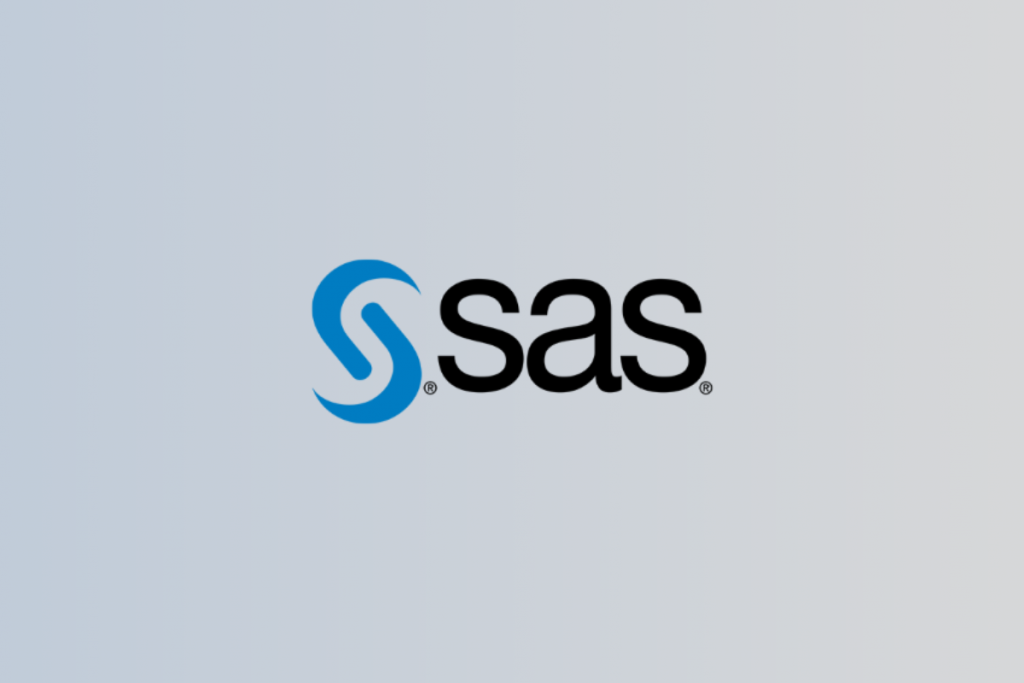
Key features:
- Strong data analytics capabilities
- Flexible 4GL Programming Language
- DS2 offers complex data manipulation
- SAS Environment Manager sends alerts, monitors and effectively manages the analytics environment
- Supports various types of Data Formats
- Displays analytical results and numerous reporting options
- SAS/Secure ensures robust security
- SAS Data Encryption using multiple algorithms
Know more: SAS
4. Hadoop
It is an open-source software framework that runs and stores applications on collections of server hardware. Hadoop is preferred for Big Data Analytics as it allows enormous storage space and multi-tasking of processes at the same time. It works well with both structured and non-structured data, and offers great flexibility to its users, for research and production. Due to its vast data storing capabilities, Hadoop is also referred to as “Data Lake.” It is prominently used as a Data Analytics tool for customer analytics useful for e-Commerce, and predictive analytics, for fraud detection and equipment failure.
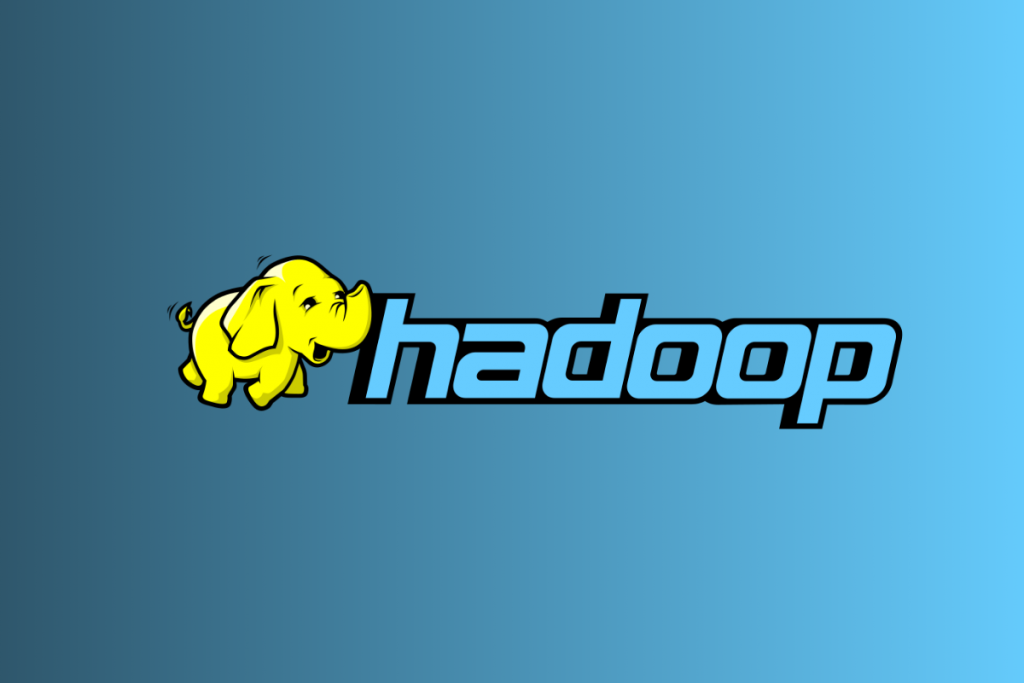
Key Features:
- Storage using HDFS or High Distributed File System
- Distributed Processing using MapReduce
- Resource management using YARN
- Open source, highly scalable
- Replication mechanism for Fault Tolerance
- High availability in unfavorable conditions
- Cost-effective solution for storing and processing big data
- Lightning-fast processing
- Reducing bandwidth utilization through Data Locality
- Feasible with data of any format and size
- Ensures Data Reliability
Know more: Hadoop
5. Splunk
The Splunk software helps in unlocking the hidden potential of all your machine-generated data. Data from any source like, various websites, social media platforms, hypervisors, app servers, sensors, business applications, traditional databases, and open-source data stores, etc., can be extracted and organized in real-time, in a unified way, using Splunk. It also allows swift searching, exploring, navigating, analyzing, and visualizing all data from one place.
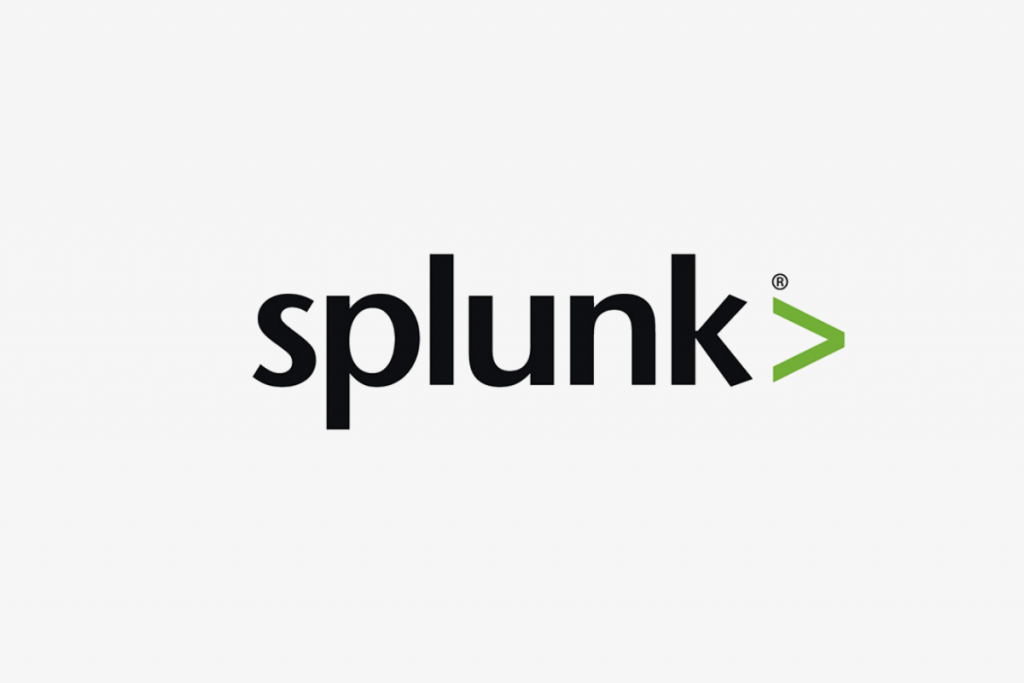
Key features:
- Easy to deploy and use powerful dashboards
- Real-time alerts for data monitoring to spot trends
- Highly scalable from a single server to multiple data-centers
- Robust security for data handling, role-based access controls
- Supports audit ability and data integrity
Know more: Splunk
The above mentioned Big Data Analytics tools have helped us cater to the growing needs of entrepreneurs and understand data trends, changing patterns and anomalies, for better and accurate data visualizations, reports, and dashboards. Our expertise in serving our global clientele has earned us the tag of an emerging Big Data Analytics company. We provide customized solutions for your data handling problems, using appropriate and the latest Big Data Analytics tools and frameworks.







 Blockchain
Blockchain Cloud Computing
Cloud Computing Infrastructure
Services
Infrastructure
Services Metaverse
Metaverse QA
Automation
QA
Automation UI/UX
UI/UX







